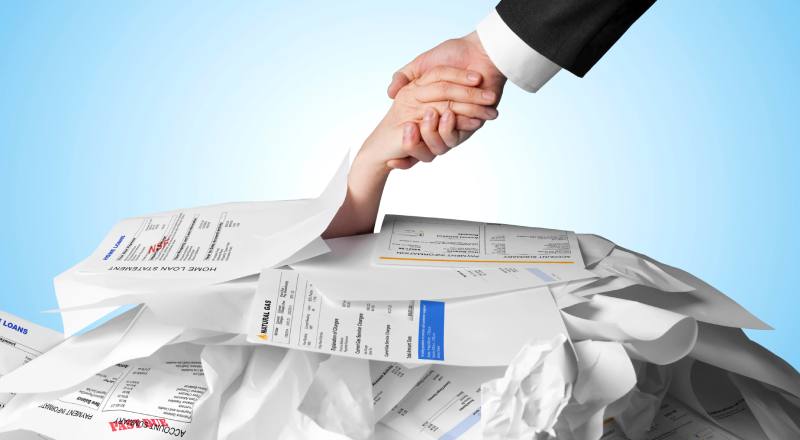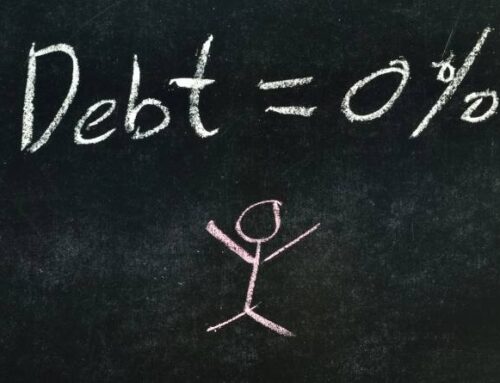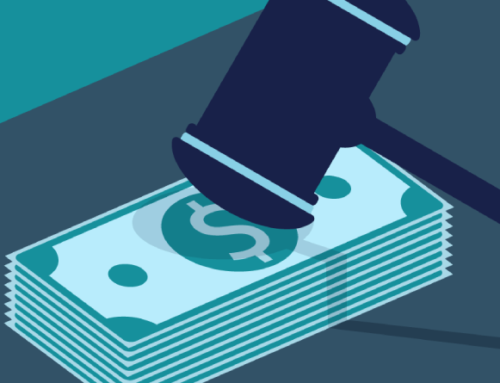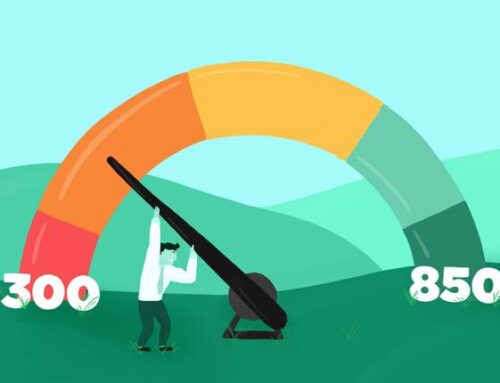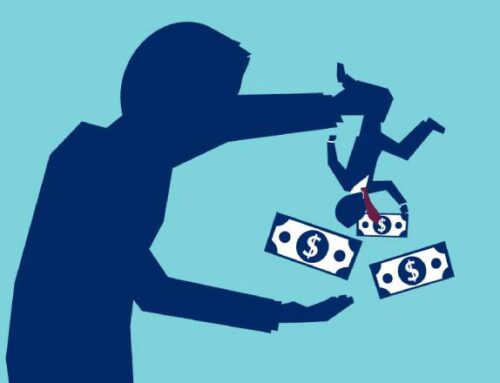Should You File for Bankruptcy?
You might be willing to pay off your debt but certain circumstances might prevent it despite all your effort you fail to repay your loan. People who are under severe financial catastrophe for them bankruptcy would be a quick solution for unpaid debt. If you file bankruptcy your existing debts would be eliminated or reduced, this would help you to achieve financial freedom. The two most frequently filed personal bankruptcies are Chapter 7 and Chapter 13.
Be aware of the consequences:
After you file bankruptcy the ill-effect of it remains on your credit report for a long time. If you have other alternatives in hand to pay off your debts then keep bankruptcy as your last resort. A proficient financial advisor can give you a correct advice whether you should determine filing for bankruptcy or not.
The main motive of filing bankruptcy is to get rid of debt. The debts are relieved and if you go for a repayment plan then the court negotiates on the outstanding balance with the creditor to make the payment plan affordable.
Consult a bankruptcy attorney.
If you are planning to file bankruptcy then you should take an expert’s advice. Make sure that the attorney is experienced and well versed with the terms of law then it would be easier for you to understand the law in detail. He would be able to determine whether filing bankruptcy would be an answer to your debt problems. You can think of filing bankruptcy if the following criteria are in line.
- Do not have health insurance or other coverage benefit
- Exceeded the credit limit of the credit card
- Taking loans for things previously you paid in cash
- Minimum balance payment on credit cards
- Innumerable home equity loan
- Lack of emergency fund or do not have adequate personal savings for emergencies
- Tax lien on home
- Impending foreclosure on your home
- Creditor gaining possession of your car or other item
- Unaware of the pending debts due to constant negligence
If you are going through the above situation then you might have lost control over your financial situation. Then take a serious note on it.
The bankruptcy law has been revised in 2005 and made the clauses difficult to qualify for bankruptcy protection. This law is better known as “The Bankruptcy Abuse Prevention and Consumer Protection Act of 2005”. The main aim of this law is to restrain people from filing bankruptcy who can afford to pay off the debt. Paying off the debts would help you to erase your debts.
Undergo while filing Bankruptcy.
Credit Counseling:
Under the revised law the debtor needs to go through credit counseling within 3 months before he plans to file a bankruptcy. These counseling sessions would be under taken by the credit counseling agencies. If you are looking for reliable credit counseling agencies then U.S. Trustee’s website would help you to track one.
Income proof required:
An income certificate or a document of the tax return filed recently needs to be presented before the trustee. The US trustee, creditors and an examiner would question you on you financial situation.
Means Test:
According to the revised law the debtor has to go through a means test in order to qualify for filing bankruptcy. A debtor’s income per annum is compared with the median family income of the state he belongs to. If he fails to qualify the means test then he won’t be eligible to file bankruptcy.
Personal bankruptcy can discharge your debt.
Your entire unsecured debts would be discharged if you file bankruptcy under chapter 7 and 13. Under chapter 13 you would have to pay a partially amount of your total debt. Under chapter 7 your taxable property would be on sale and the money would be dispensed among the creditors.
Bankruptcy is the most reliable way to get out of debt. As you won’t be trapped under the scam companies and the attorney would guide you to the right track to get out of the financial crisis.

